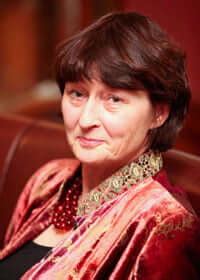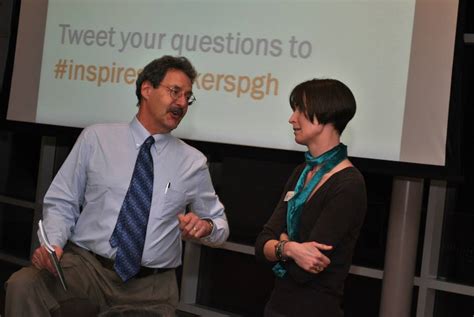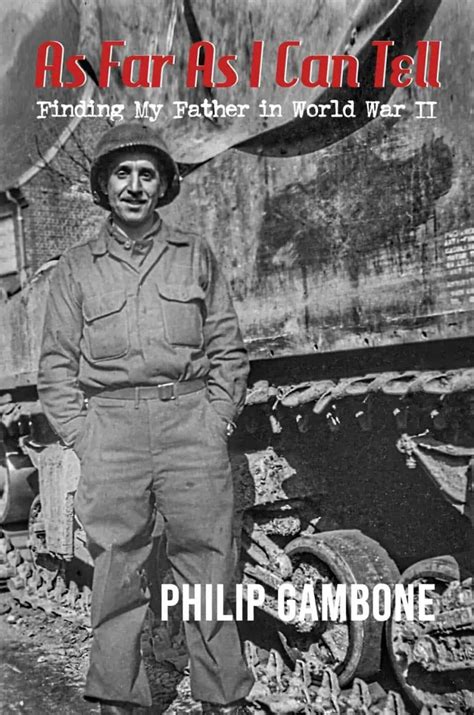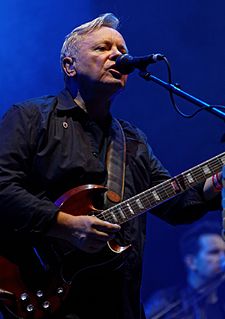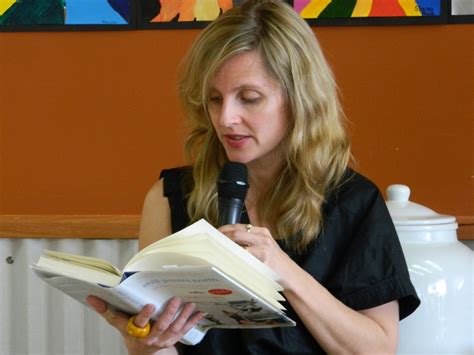A Quote by Dani Shapiro
With tremendous clarity and wisdom, Daniel Tomasulo has crafted a memoir at once heartbreaking and uplifting. Layers of time and memory—childhood, adolescence, early adulthood, middle age—are so beautifully revealed here, a trenchant reminder that our pasts are alive inside of us. There are psychologists who can write, and writers who can psychologize, but rarely have the two met on the page with such moving, profound results.
Related Quotes
It is not however, adulthood itself, but parenthood that forms the glass shroud of memory. For there is an interesting quirk in the memory of women. At 30, women see their adolescence quite clearly. At 30 a woman's adolescence remains a facet fitting into her current self.... At 40, however, memories of adolescence are blurred. Women of this age look much more to their earlier childhood for memories of themselves and of their mothers. This links up to her typical parenting phase.
For more than thirty years, Joe Eck and Wayne Winterrowd have been gardening with extraordinary, indeed legendary, results. Part memoir, part omnium-gatherum of horticultural wisdom and practical advice, Our Life in Gardens is at once literate, learned, sensible, and, often, sheer luscious poetry. There are delights to be sampled on every page. From a cultivated life, they have brought forth, once again, a cultivated book.
Adolescence is a relatively recent thing in human history -- a period of years between the constraints of childhood and the responsibilities of adulthood. This irresponsible period of adolescence is artificially extended by long years of education, much of it wasted on frivolities. Tenure extends adolescence even further for teachers and professors.
I thought, "Well, I'm writing about early childhood, so maybe it would make sense to write about late childhood as well, early adulthood." Those were my thoughts, and this was how this crazy book [Winter Journal] was composed. I've never seen a book with pictures like at the end, pictures related to things you've read before.
In childhood our credulity serves us well. It helps us to pack, with extraordinary rapidity, our skulls full of the wisdom of our parents and our ancestors. But if we don't grow out of it in the fullness of time, our ... nature makes us a sitting target for astrologers, mediums, gurus, evangelists, and quacks. We need to replace the automatic credulity of childhood with the constructive skepticism of adult science.
There is a stage you reach, Deagle thinks, a time somewhere in early middle age, when your past ceases to be about yourself. Your connection to your former life is like a dream or delirium, and that person who you once were is merely a fond acquaintance, or a beloved character from a storybook. This is how memory becomes nostalgia. They are two very different things - the same way that a person is different from a photograph of a person.
Clyde Phillip Wachsberger's delightful memoir about tending beds of flowers as compensation for a lonely middle age only to find unexpected romance along the way is a sweet reminder that, as he puts it, 'anything can happen in a garden.' In prose that balances candor with perfect courtesy, he charms us with the message that keeping a garden with a beloved companion, this most ephemeral of all the arts, can bring us the most enduring joys and pleasures.


